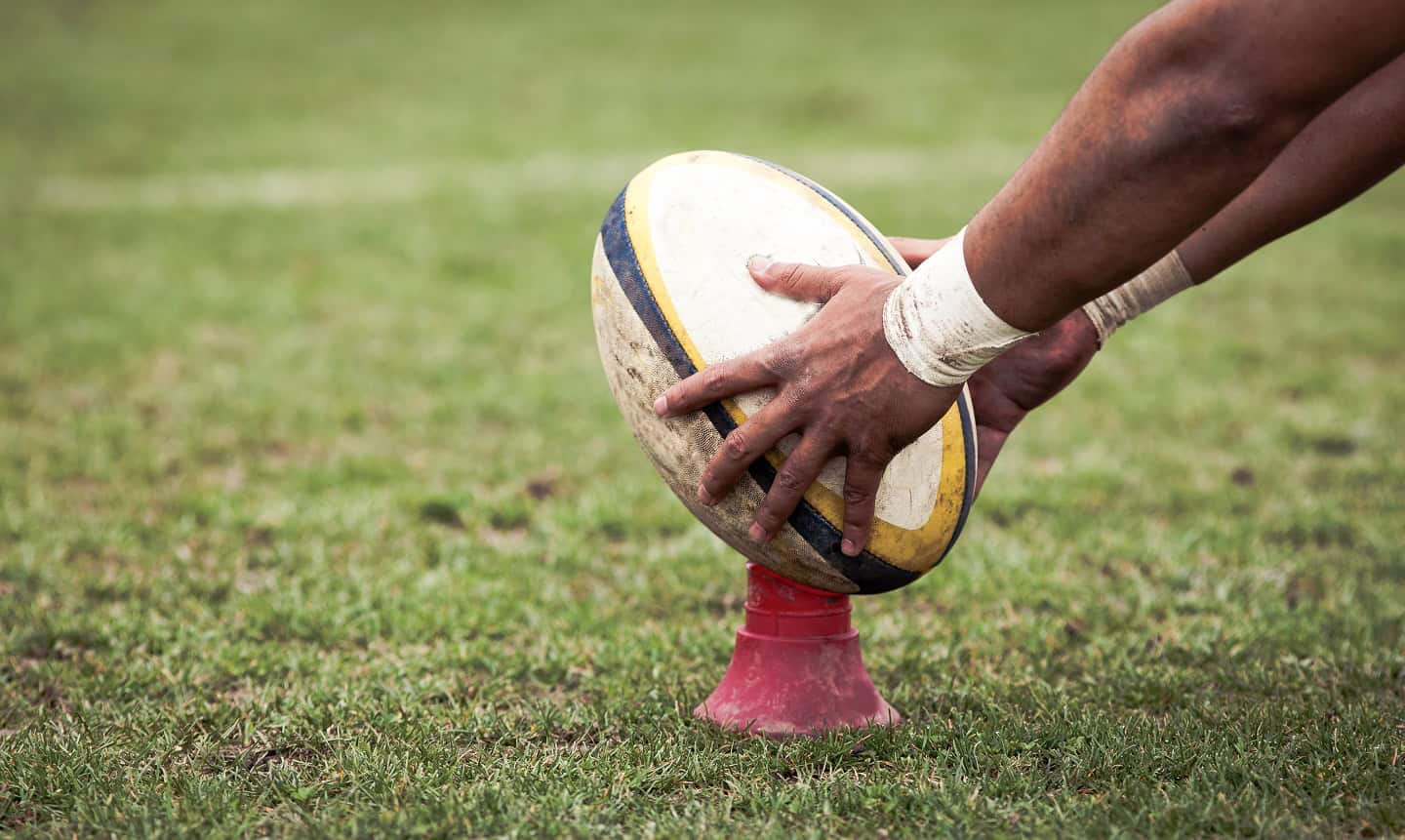
Spinal injuries in rugby; an accepted risk of the game?
With the 2023 Rugby World Cup now in full action, when watching the games, I find myself back in my personal injury solicitor shoes and thinking about whether the players are owed any duty of care when it comes to preventing injury.
Rugby is a sport in which injury seems inevitable and even a risk accepted by the players given the nature of the game. I’m watching a match I naturally wince every time a tackle ends in a fracture, dislocation or a bloody mess. As with all high contact sports it’s common for injuries to occur. But what are the rules when it comes to negligence?
From a legal standing, the claimant must be able to prove they were owed a duty of care, the duty was breached and the damage suffered was caused by the breach. All participants owe each other a duty of care so in order for the duty to be breached their conduct must be reckless and fall below the standard of care required by a player of their level. A recent case in the High Court demonstrated this.
The claimant, an amateur rugby player, suffered a spinal fracture and spinal cord injury, which resulted in her requiring full-time use of a wheelchair. Her injuries were from a “reckless” tackle and the Court decided she was entitled to win her legal action as her opponent had purposefully launched herself at the Claimant in a way that was obviously dangerous and liable to cause injury.
The Court concluded the tackle causing the injury was not part of the game due to it being so recklessly executed.
Can referees be liable for negligence?
Liability may also be extended to referees if they fail to follow the rules. An example of a successful claim occurred when a referee permitted a flanker to take the place of a prop forward in the front row of a scrum without enquiring as to his previous experience of playing prop.
This was a breach of the rules, resulting in the scrum collapsing and causing the claimant significant injuries. The Court found that rugby is an inherently dangerous sport with rules designed to minimise the risks involved and therefore the referee must enforce the rules and exercise reasonable care.
It has been estimated that 40% of spinal injuries sustained in rugby are from the scrum and therefore it is incredibly important that referees are ensuring the rules are being followed.
Injuries may also occur as a result of bad pitch conditions, unsuitable equipment or negligent advice following an accident and it may be that the club or other organisation responsible for the match are accountable for any damage that occurs.
I have focused on rugby within this blog, but the same rules would apply to other sports. So, whilst it is a high-contact sport there are occasions when a similar situation can arise in other sports too.
The spinal injury team I’m part of at Bolt Burdon Kemp have experience acting for clients who have sustained a spinal injury as a result of a sporting accident. We are always happy to have a no-obligation discussion about new or existing claims.










